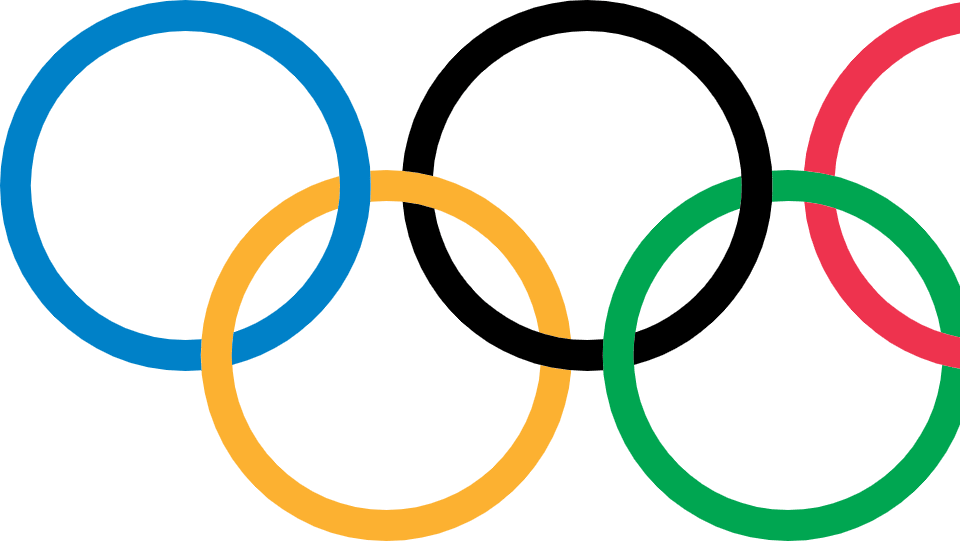Winter Games legacies benefiting Russian society
While the Sochi 2014 Olympic Winter Games provided a powerful catalyst to develop key infrastructure in the host region, they also initiated a positive transformation in Russian society.

By hosting the Olympic Winter Games, Russia made numerous efforts to promote education, physical activity, public health and inclusion throughout the country.
Perhaps one of the most significant legacies of the Games so far has been the development of a volunteer movement in Russia for the very first time.
“When Sochi began the bidding process in 2005, the concept of volunteering simply did not exist in Russia,” explains Dmitry Chernyshenko, President and CEO of the Sochi 2014 Organising Committee. “Now, the volunteer movement is thriving.”
In total, more than 25,000 volunteers from every region of Russia and 66 other countries interacted with athletes, spectators and other Games participants from around the world.
Thanks to the volunteer efforts of Sochi 2014, approximately 2,800 volunteer projects have now been implemented across Russia.
The Games also helped to raise awareness of the needs of those with a disability in Russia. After winning the right to stage the Games in 2007, considerable investments were made in creating barrier free and accessible infrastructure in Sochi, while the Sochi 2014 Organising Committee launched a Paralympic Awareness Programme in 2011.
The programme aimed to improve the attitudes within Russian society towards the more than 13 million Russians who live with a disability.
Other legacies from the Games include the creation of an Olympic education system, which saw more than five million schoolchildren across Russia receive lessons focused on Olympic values and the Sochi Games.
“As a result of the Sochi Games, an entire generation will be brought up with awareness and understanding of the Olympic and Paralympic values,” explains Chernyshenko.
Lesson plans on Olympic values and other aspects of the Games were shared with educators at primary and secondary education institutions throughout Russia, while a special course was developed for university students on more technical aspects of the Games, including the 12- year Olympic cycle, from the bid to monitoring the legacy of the Games.
Public health legacies from the Games, meanwhile, included the City of Sochi encouraging youth to take up sports, with more than 16,000 young people attending 26 sports schools and more than 50,000 participating in annual sports events for schoolchildren.
Efforts to improve the physical fitness of Sochi residents also led to 136,000 people regularly participating in physical activity and sports at the end of 2012, nearly 10% higher than the 2011 participation rate.
“We hope Sochi will become an example to other Russian cities and the world,” adds Chernyshenko.